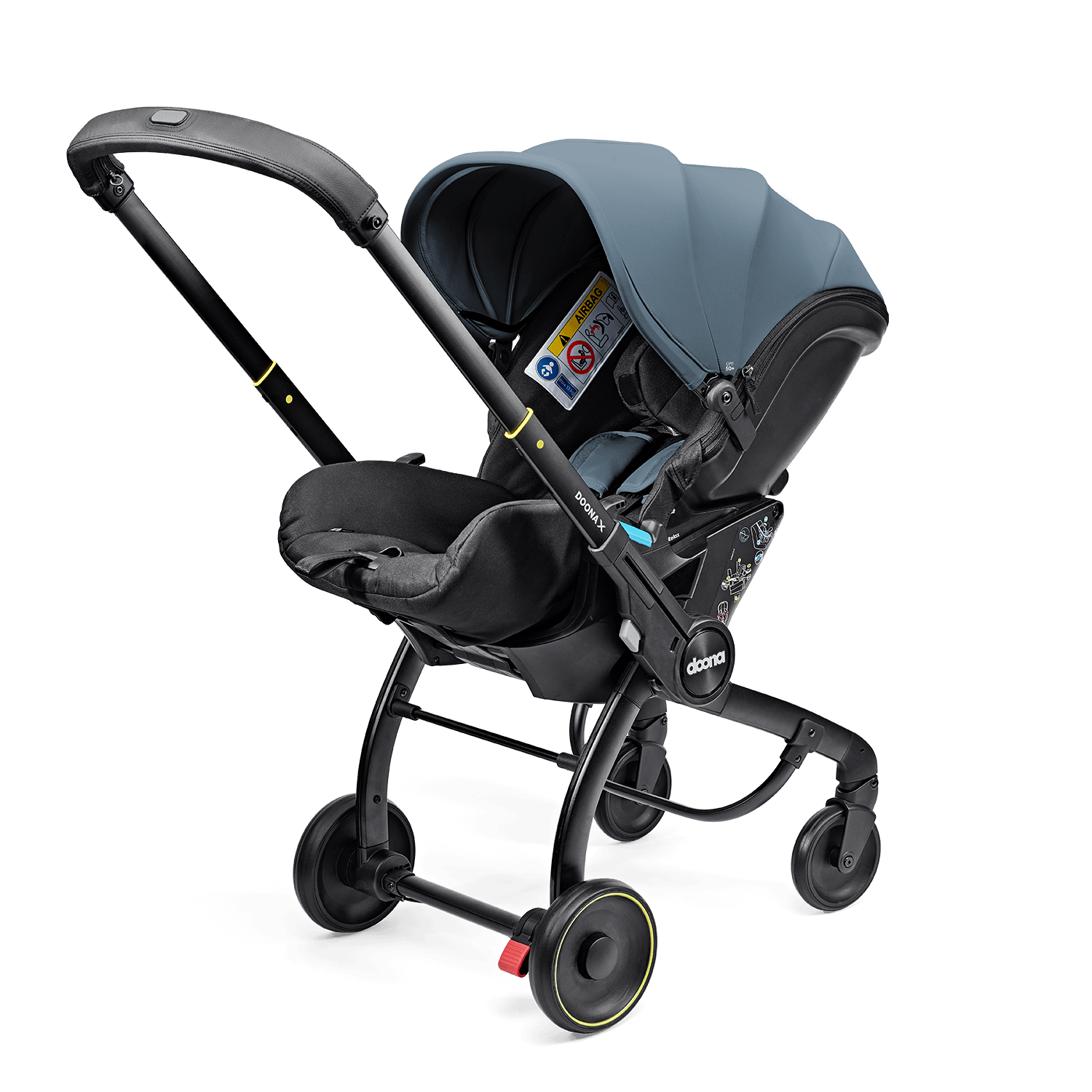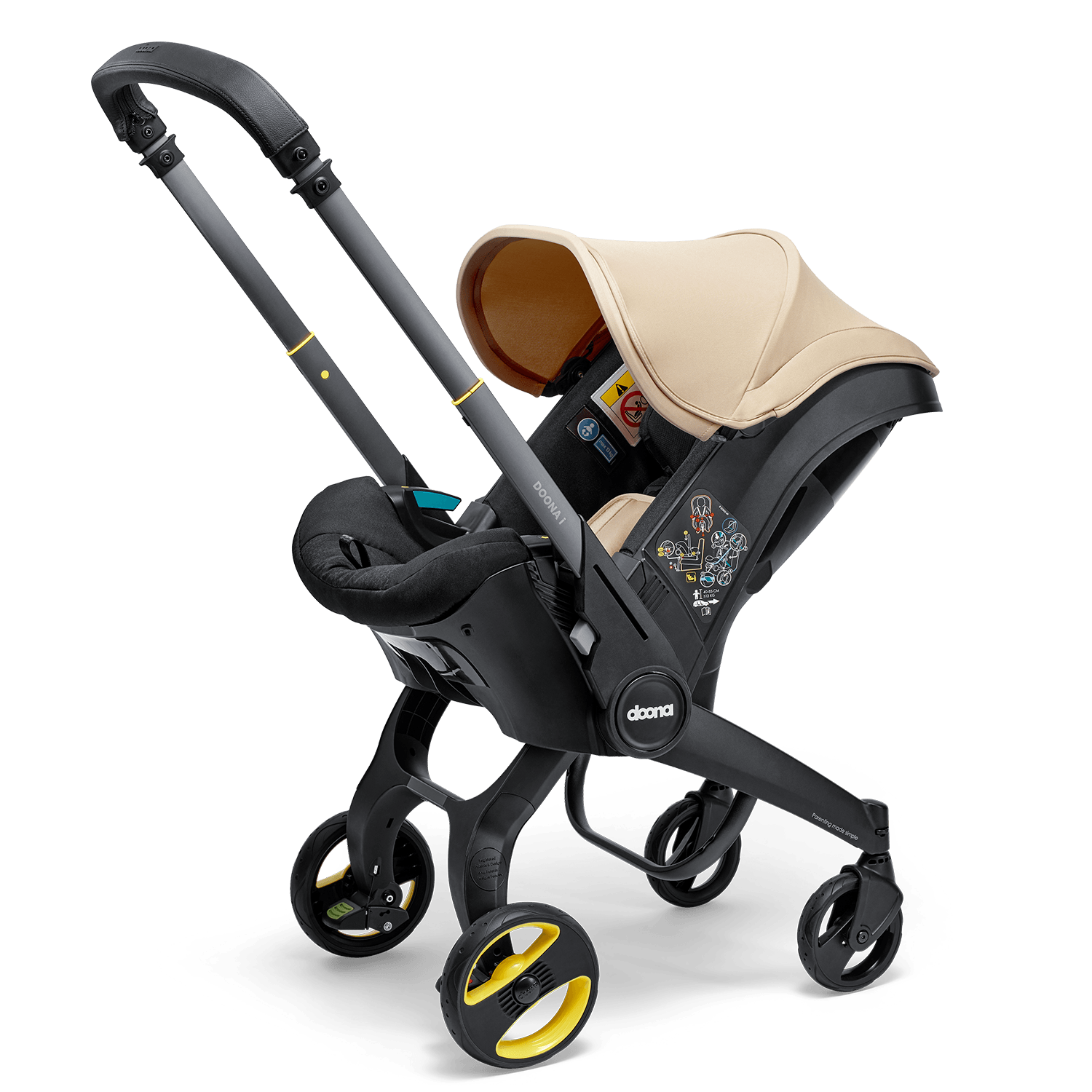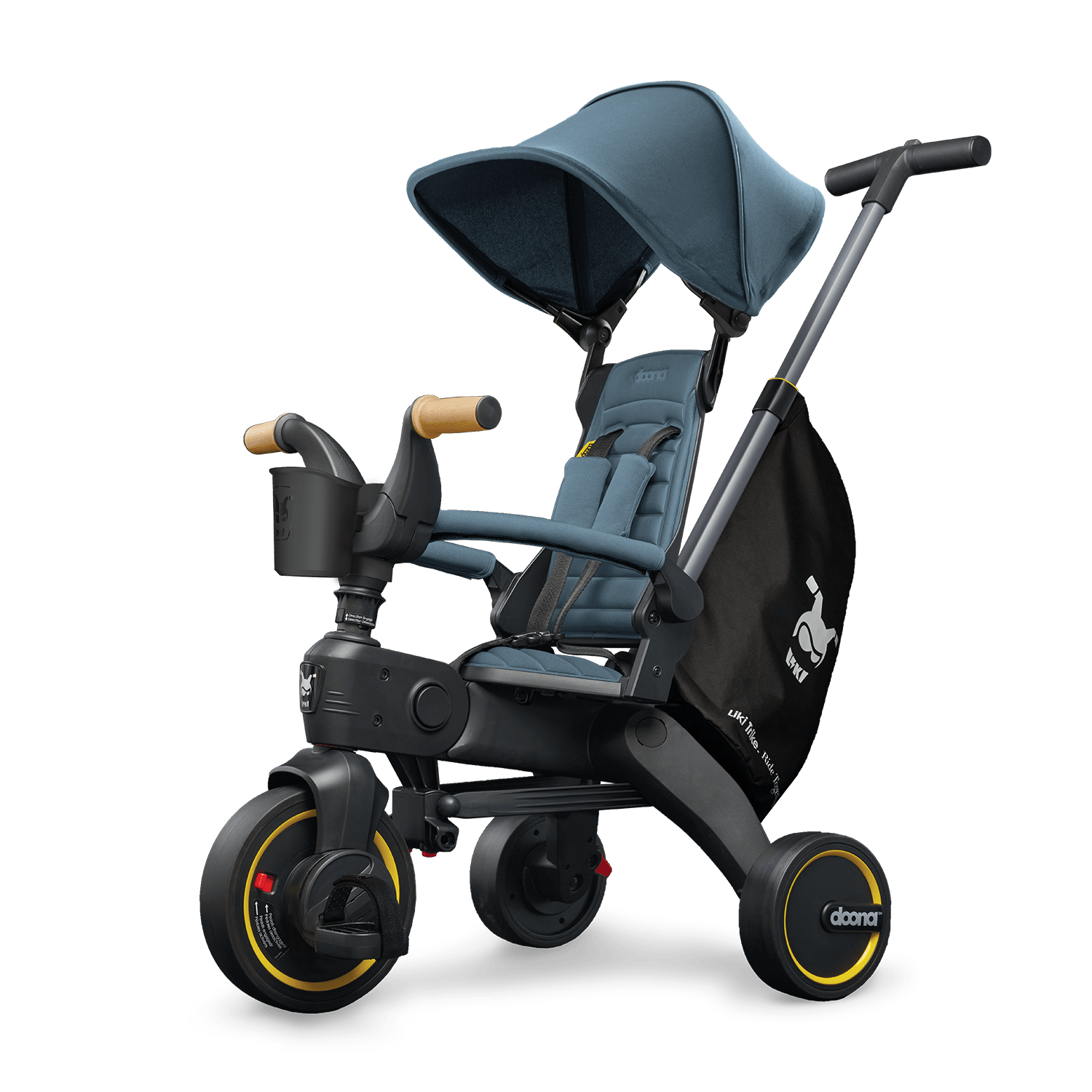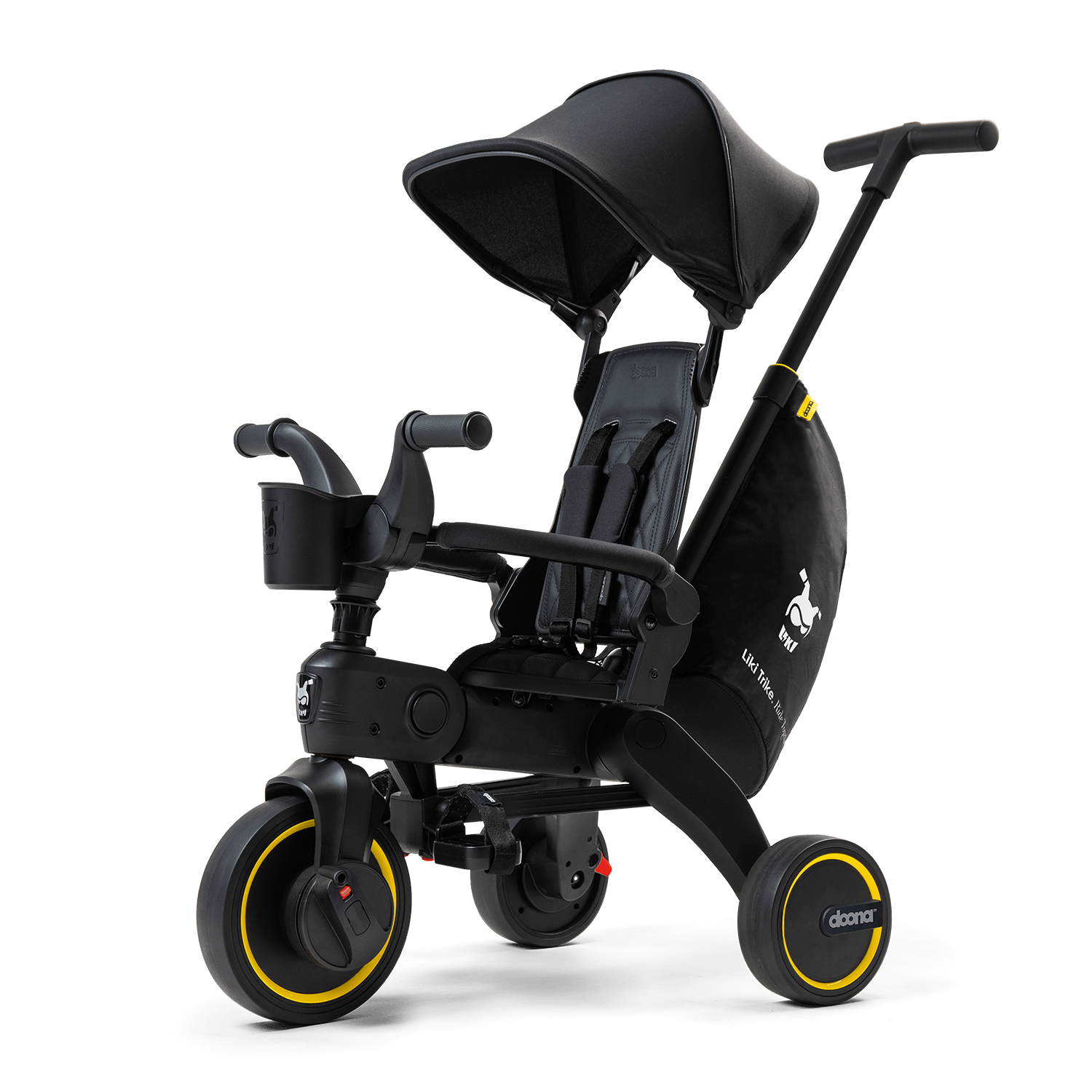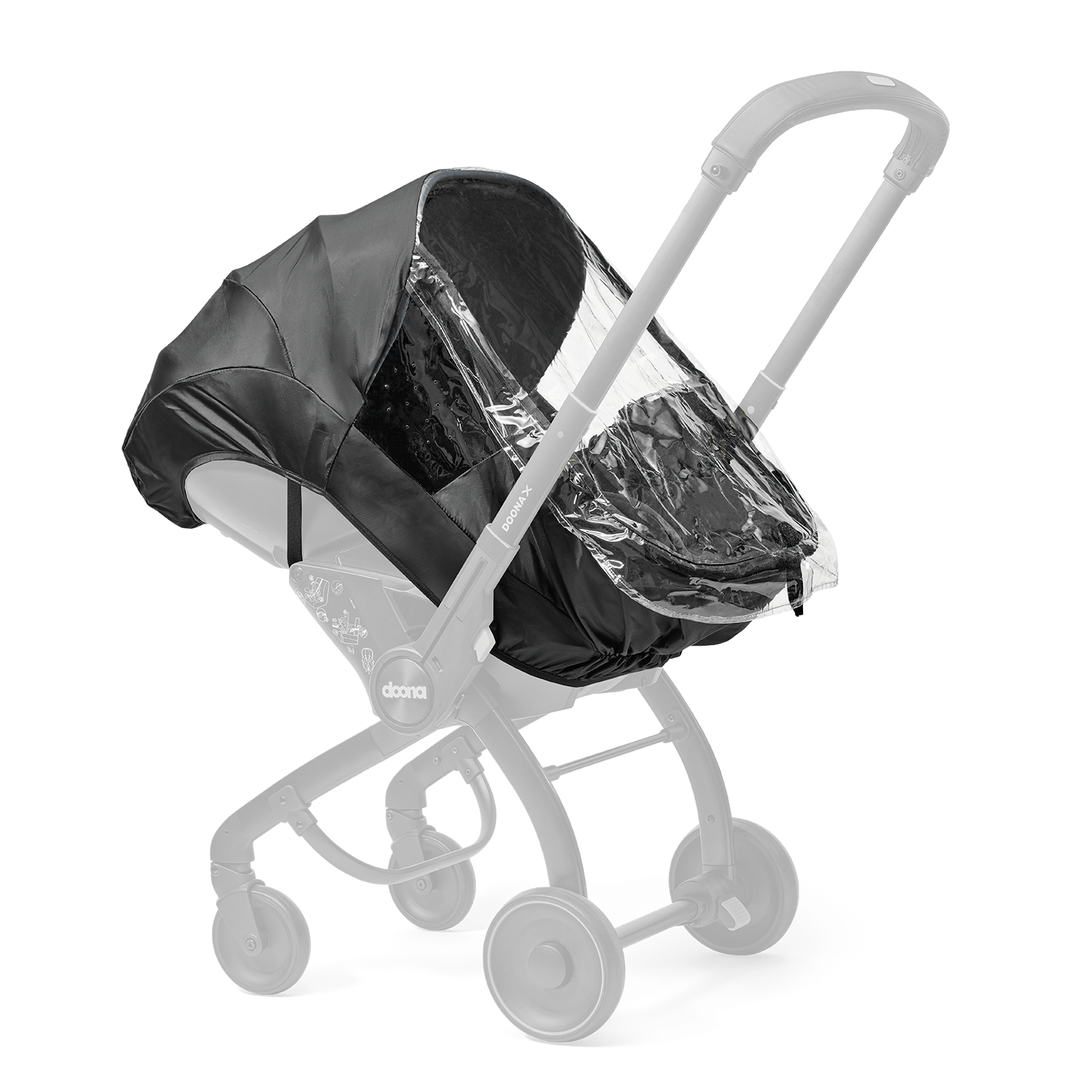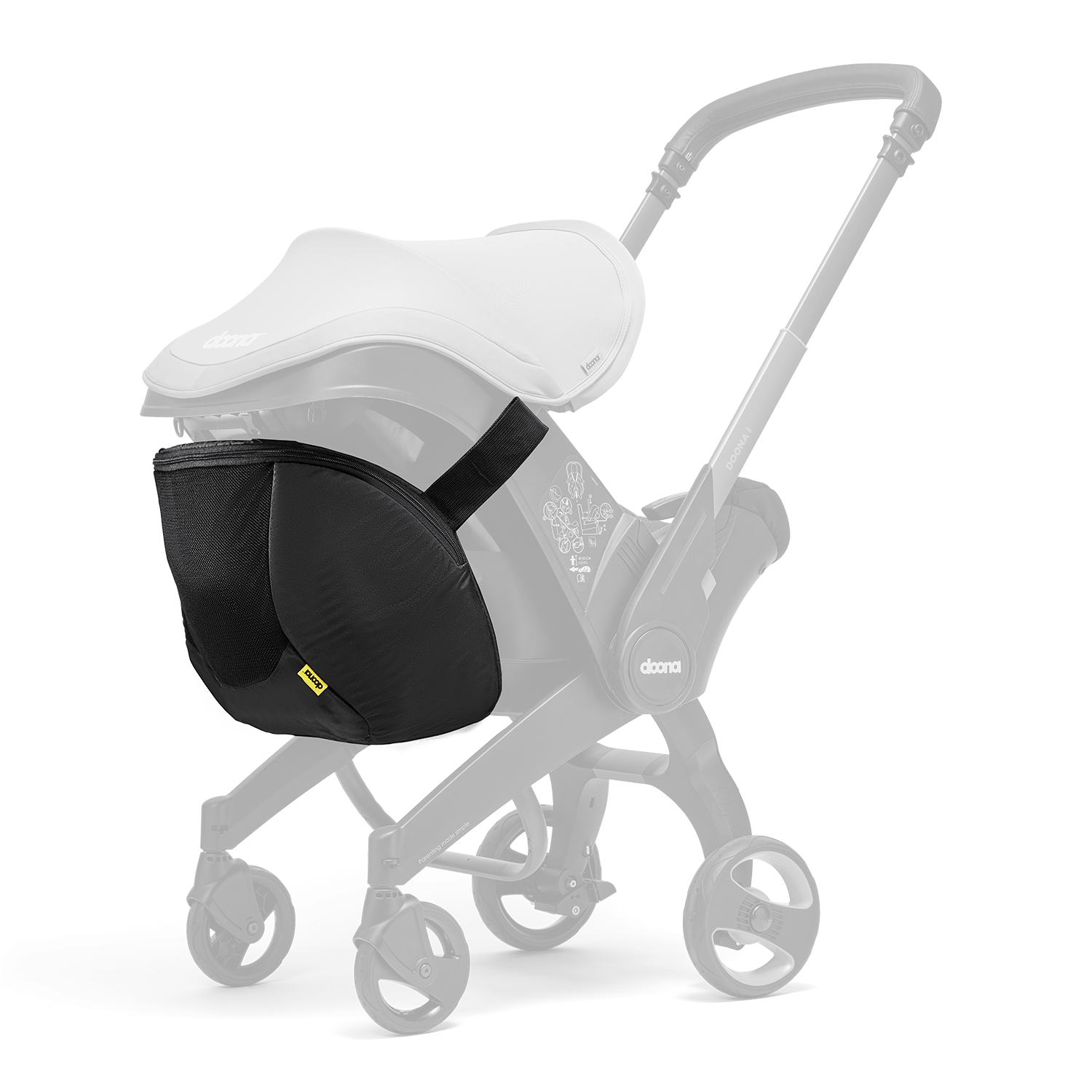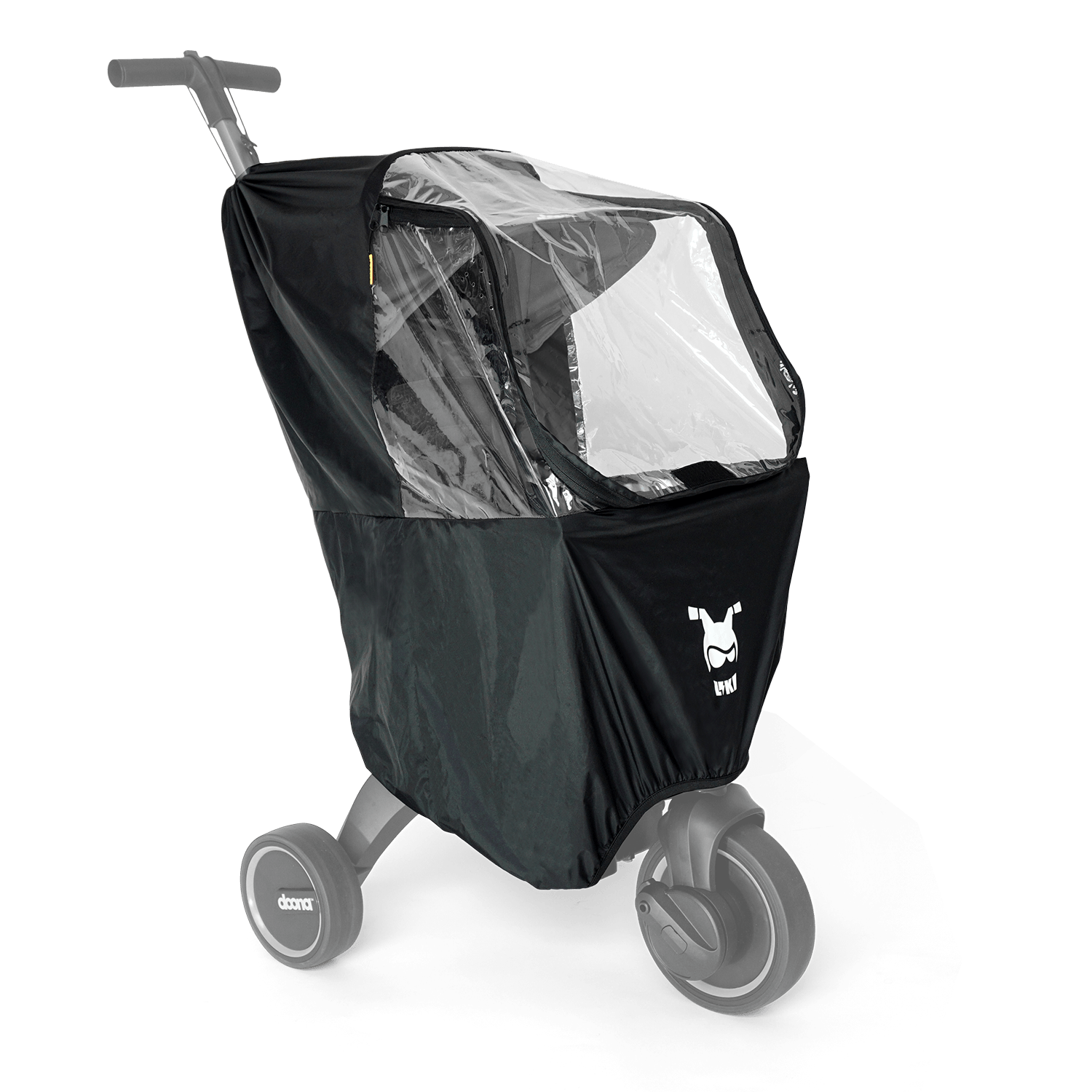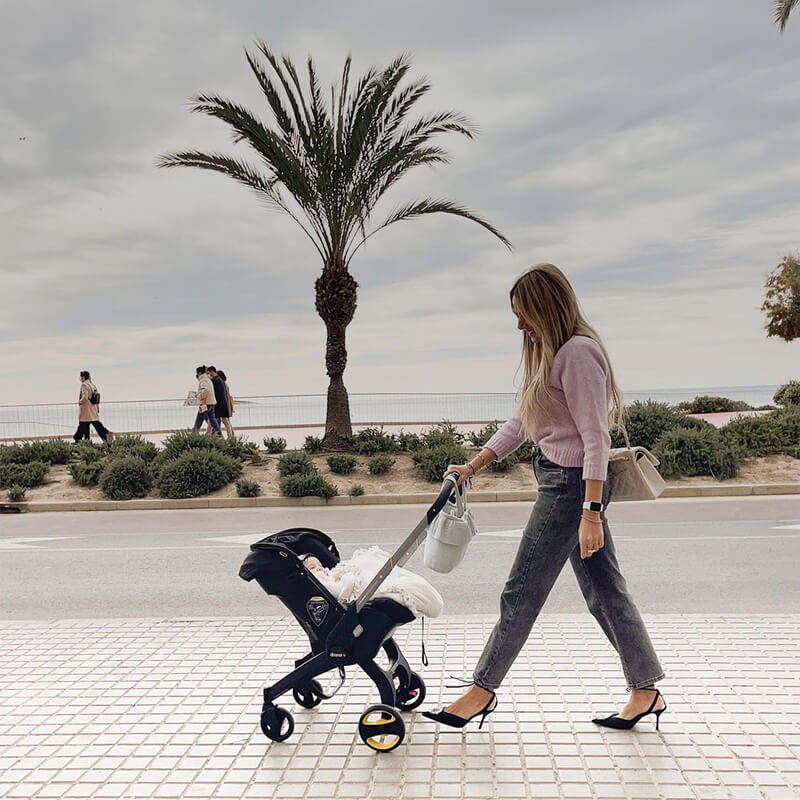An introduction to montessori parenting
There are so many different parenting styles out there, each with their own benefits and drawbacks. One in particular, the Montessori philosophy, has been gaining in popularity. It is traditionally practiced in a classroom setting, but has recently expanded to parents adopting the Montessori methods at home.
You may have heard of Montessori before, or could be wondering what that even means — the most important thing to keep in mind is that the Montessori philosophy focuses on the child’s individuality and independence, whether in the classroom or at home.
What is Montessori parenting?
The Montessori movement began with Maria Montessori, who believed that education should fully develop children’s potential, so they can grow to become happy and successful. This philosophy encourages teachers to foster kids’ individual needs and desires through free learning and play, and allows them to follow their passions and learn at their own pace.
Many parents are now turning to the Montessori philosophy and adopting it at home. Montessori style parenting is relaxed, and focuses on giving the child the freedoms they need to learn and grow. Many parents achieve this by opting to let their children play freely with minimal intervention, reducing or abolishing punishments, encouraging their child to prepare their own snacks, making sure everything is within their reach, and more.
How to practice Montessori parenting
Adopting Montessori-style parenting might seem daunting at first, as there is so much information out there. It all comes down to what is best for your child, because after all, that is what Maria Montessori built her philosophy on. Here are a few ways for you to practice Montessori parenting at home.
1. Give your child freedom
As a parent, it can be extremely difficult not to help your child anytime they need it. But the Montessori philosophy says that the child should learn to do things on their own! Giving them the freedom they need, even as young toddlers, helps them to build self confidence. In a Montessori classroom, materials are placed low to the ground so small children can reach them. Try placing snacks on a low shelf, keeping their toys on the ground, or hanging their coats low enough to reach.
Example: Allow your child to dress themselves. Even if this takes a bit of time and they struggle, let them work through it so they can practice learning to work through difficult problems.
2. Allow your child to have space
One piece of Montessori parenting is allowing your child uninterrupted time to just be. During a normal day in a Montessori classroom, children are given free time to do any activity they choose. In your home, this might look like helping your child find an activity they are interested in, and then stepping back and letting them play or work on their own for as long as they are still invested. Then allow them the freedom to move on to another activity when they are ready. You can be nearby if they need you, but giving them space helps to foster their independence and curiosity.
Example: Allow your child to set up a craft station with materials of their choosing, and then step back and do other things while they independently craft. You can periodically check on them, but be sure to let them decide when they are finished.
3. Make observations
Getting to know your child is one of the most important parts of Montessori parenting! In order to foster your little one’s individuality, you have to know what they like and don’t like. Watch as they interact with their toys, and take note of which toys spark and hold their interest, and which cause them to become frustrated or bored. This will help you cater their toys and activities to their specific needs, helping them to explore their own passions and interests.
Example: Make sure all of their toys are easily accessible, and watch which one they choose. Keep those toys out for them more often, or get other similar toys to see how their interest grows.
Being a Montessori parent means being open, respectful, observant, and understanding of your child. Remember, different parenting styles work for different families! It’s all about exploring and experimenting to find what works best.
At Doona, we respect the differences between all styles of parenting, and believe any method that’s right for your little one will work wonders, so long as it's done with compassion and love. Happy parenting!
